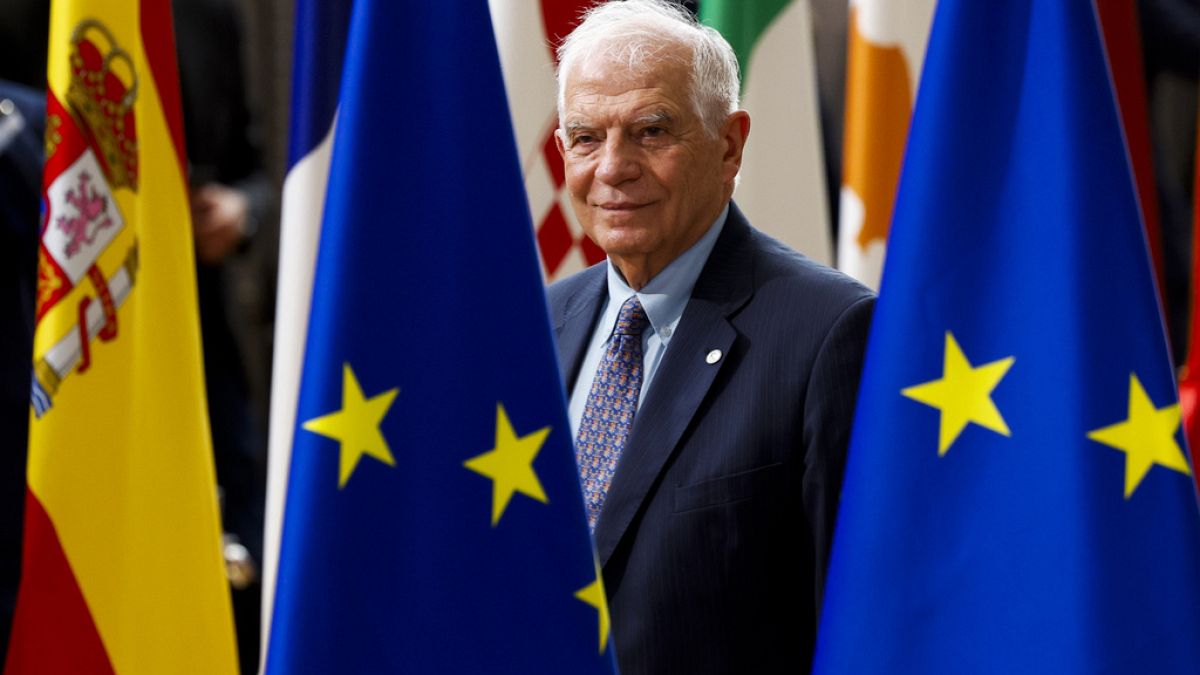Victor Ambros and Gary Ruvkun win Nobel Prize in medicine

The rest of the 2024 Nobel Prizes will be awarded throughout the week.
American scientists Victor Ambros and Gary Ruvkun have won the 2024 Nobel Prize in Physiology or Medicine for their discovery of microRNA, tiny RNA molecules that govern how genes are regulated.
MicroRNA helps to control gene activity, allowing cells to perform a range of functions in the body. They help explain why, despite having the same genetic information in DNA, the cells of the human body vary so much.
The Nobel committee described their work as a “groundbreaking discovery [that] revealed a completely new principle of gene regulation that turned out to be essential for multicellular organisms, including humans”.
Ambros, 70, was the first person to clone microRNA in 1993, with Ruvkun, 72, following with his own discovery in 2000.
Ambros, who is now a professor of natural science at the University of Massachusetts Medical School, was at Harvard University at the time. Ruvkun, now a professor of genetics at Harvard Medical School, was at Massachusetts General Hospital.
“Everyone thought the major problem in gene regulation had already been solved,” said Olle Kämpe, the Nobel Assembly’s vice chair.
That changed in recent decades, and researchers now know that the human genome codes for more than 1,000 microRNA, according to the Nobel Prizes.
“As researchers, we have a much better understanding of how cells work,” Kämpe said.
It’s not yet clear how the microRNA discovery could be applied in medicine, but there appear to be implications for cancer, cardiovascular diseases, and other health issues.
Previous Nobel awards in medicine
The Nobel Prizes were created by Swedish inventor Alfred Nobel, who died in 1896. It comes with a cash award of 11 million Swedish kroner, which is nearly €976,000.
From 1901 to 2023, 114 Nobel Prizes were awarded in Physiology or Medicine. Thirteen of the 227 winners were women.
Last year’s medicine award went to Hungarian-American biochemist Katalin Karikó and American immunologist Drew Weissman for their work on the mRNA technology behind COVID-19 vaccines.
Karikó and Weissman made critical discoveries about messenger RNA that enabled the swift production of vaccines targeting the SARS-CoV-2 coronavirus, which sparked the global pandemic in 2020.
The rest of the 2024 Nobel Prizes, awarded for advancements in physics, chemistry, economics, literature and toward peace, will be announced throughout the week.
The Nobel laureates will receive their prizes at an awards ceremony in Sweden in December.
World News || Latest News || U.S. News
Source link



